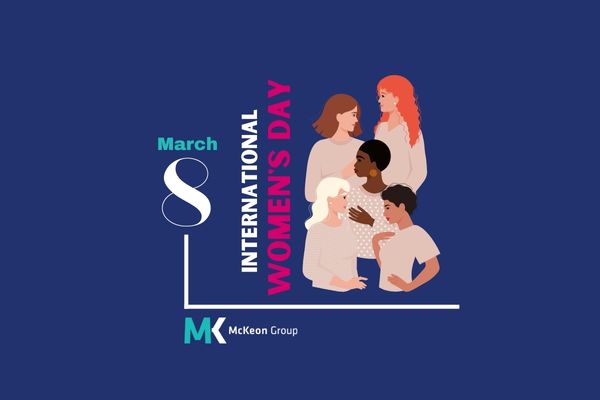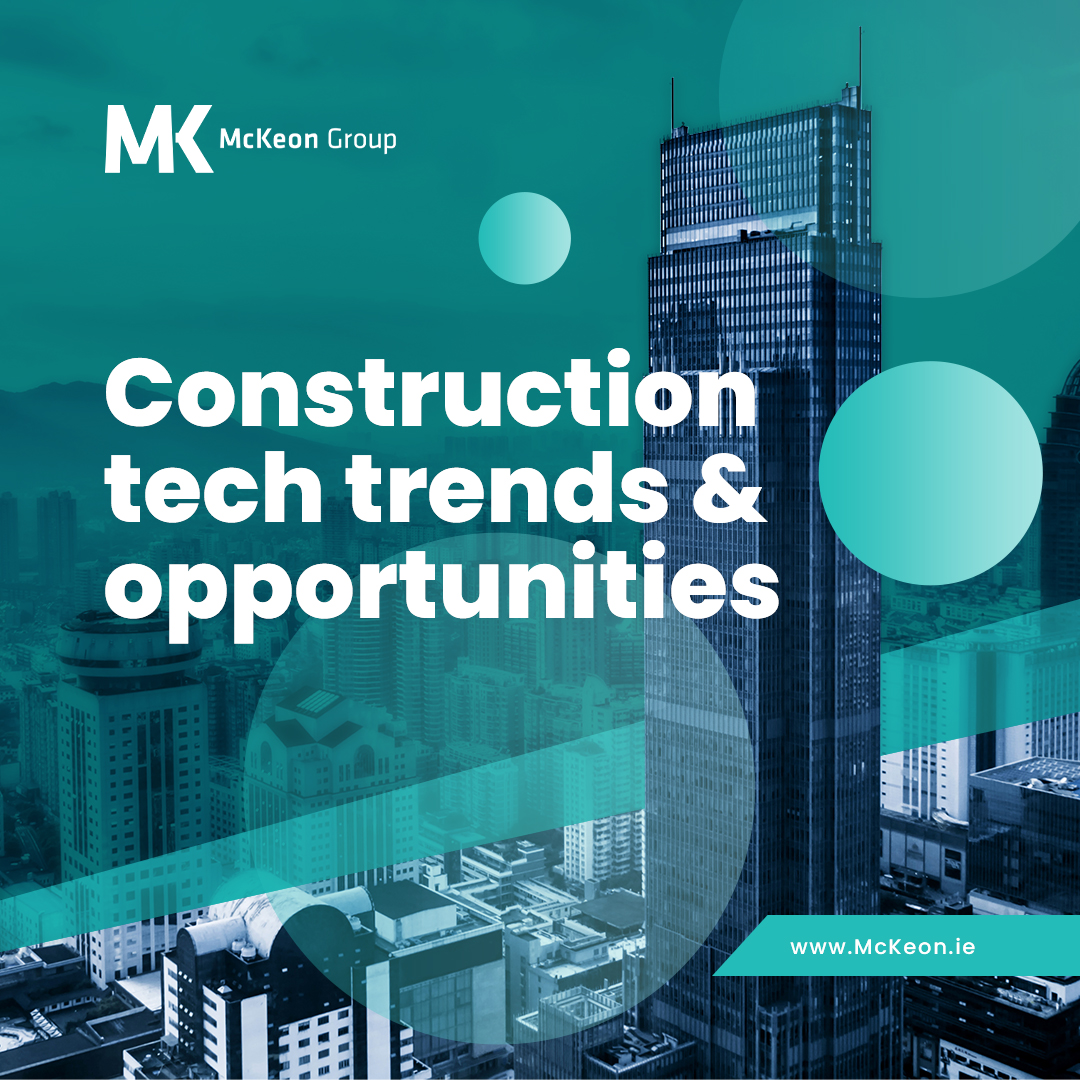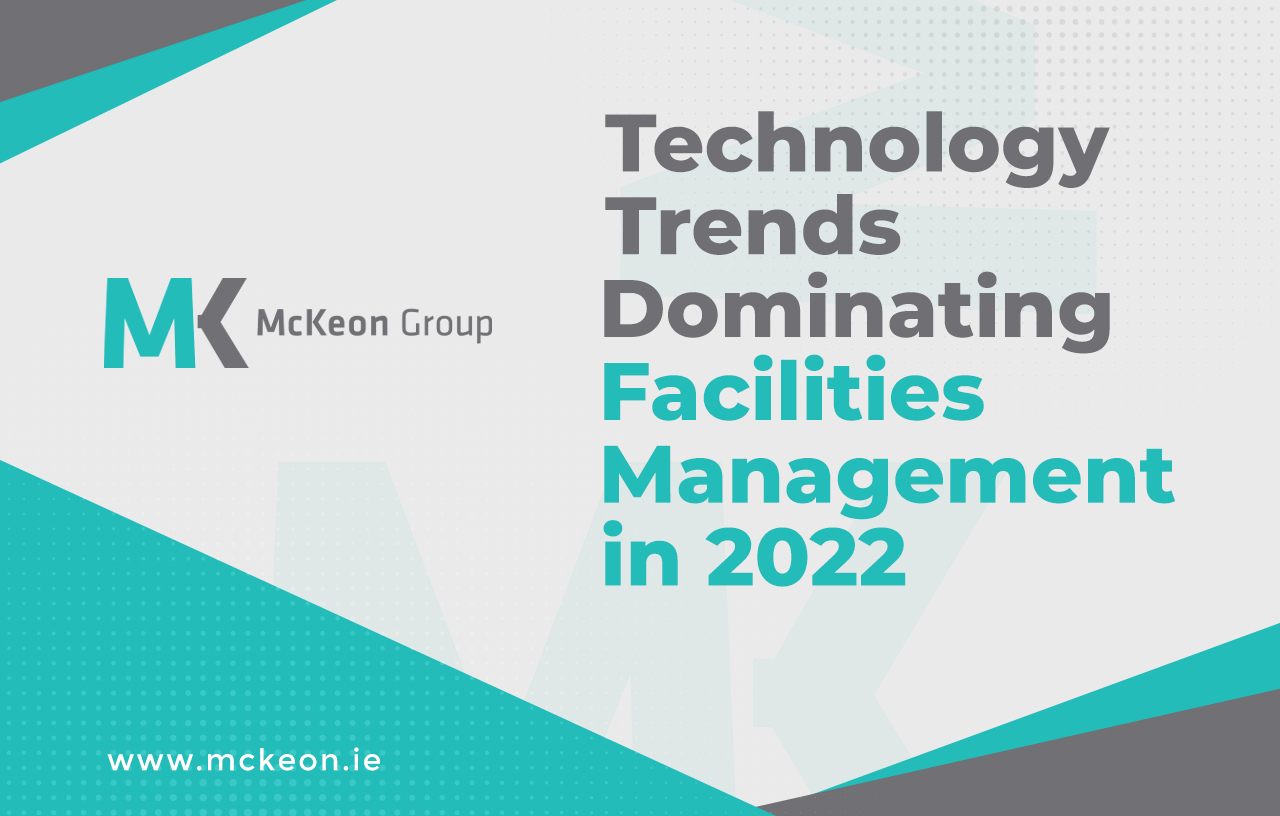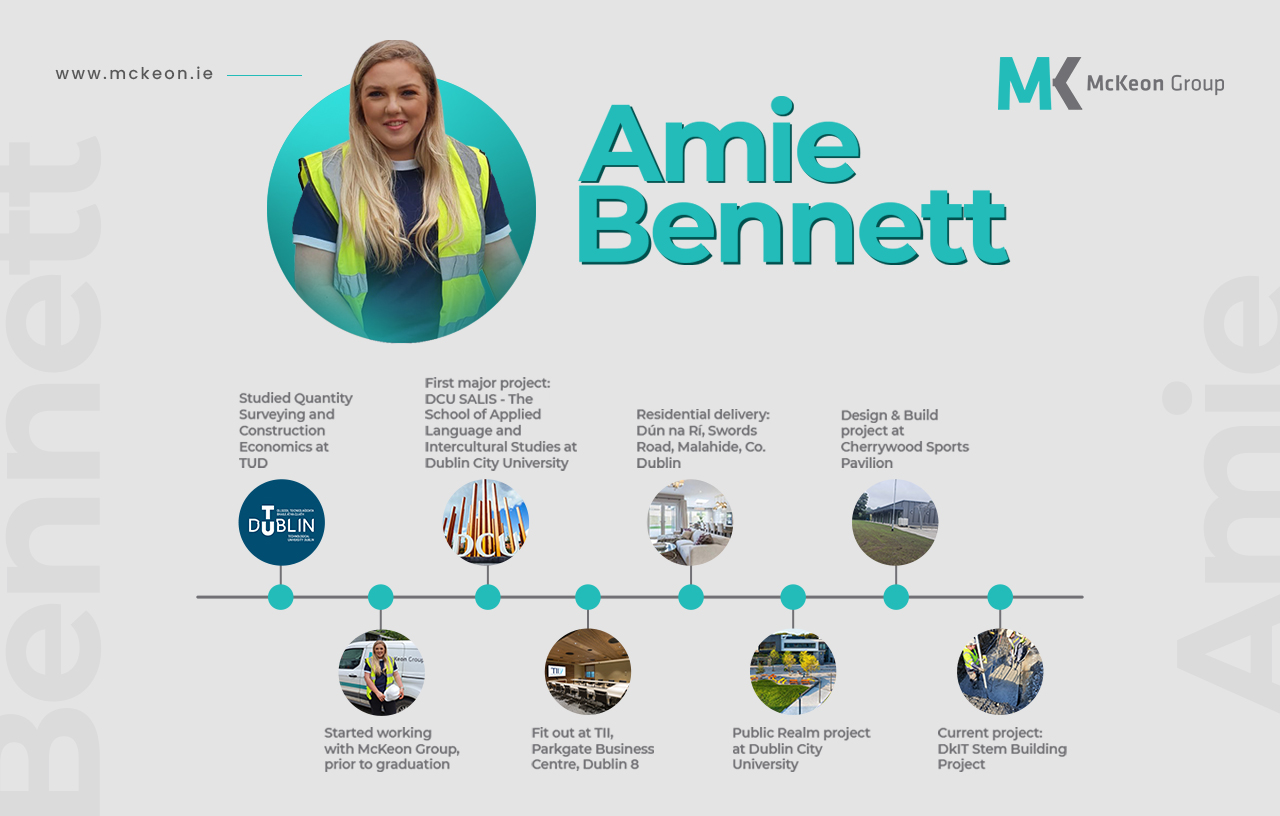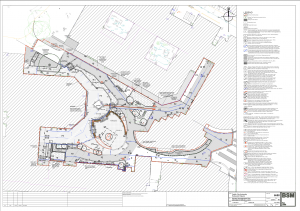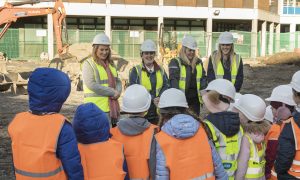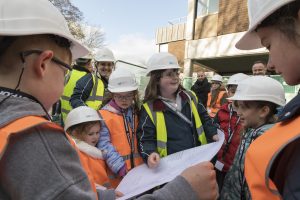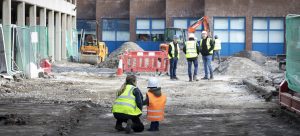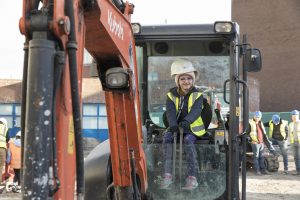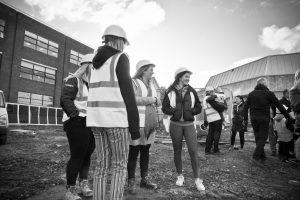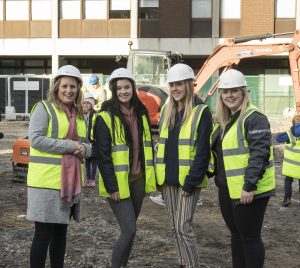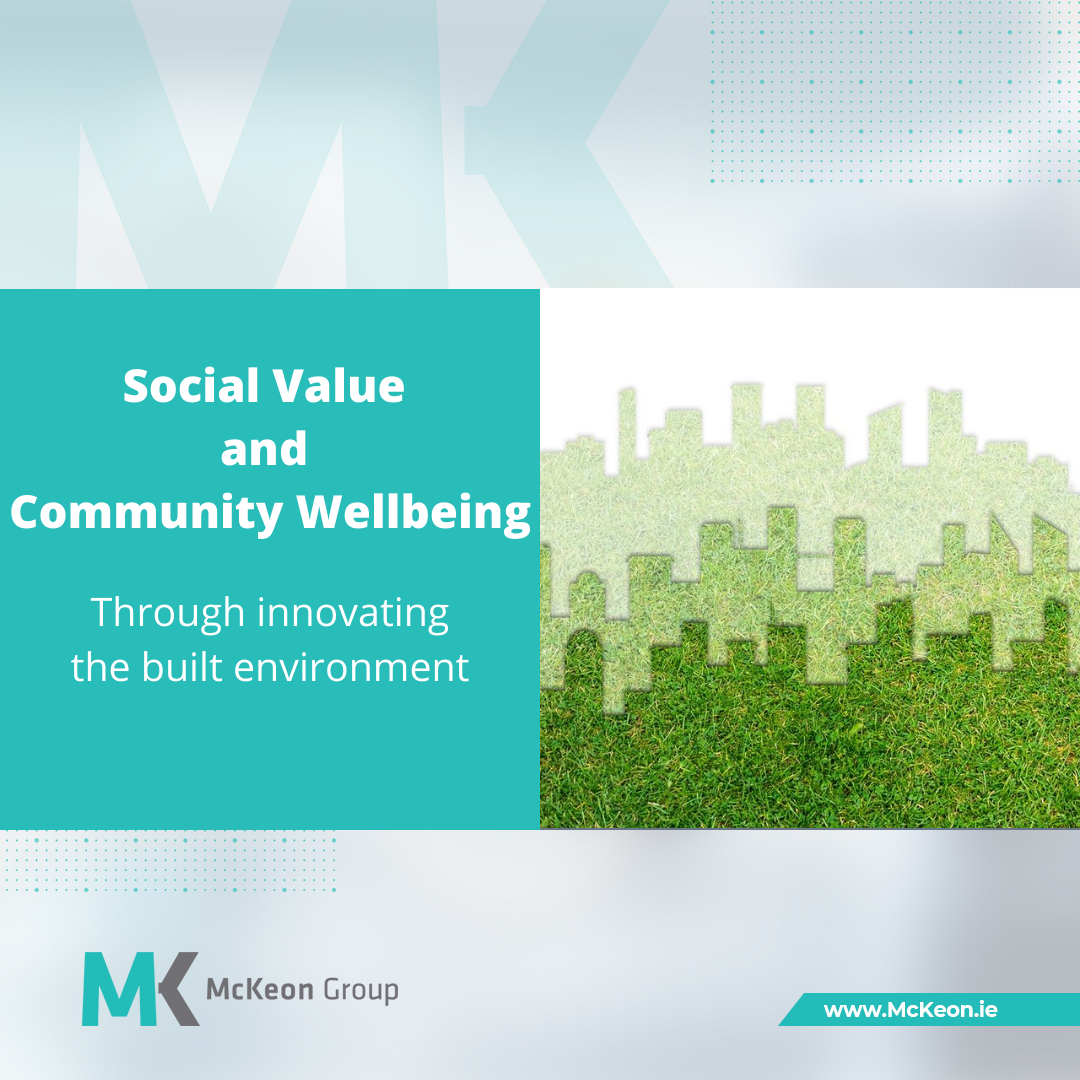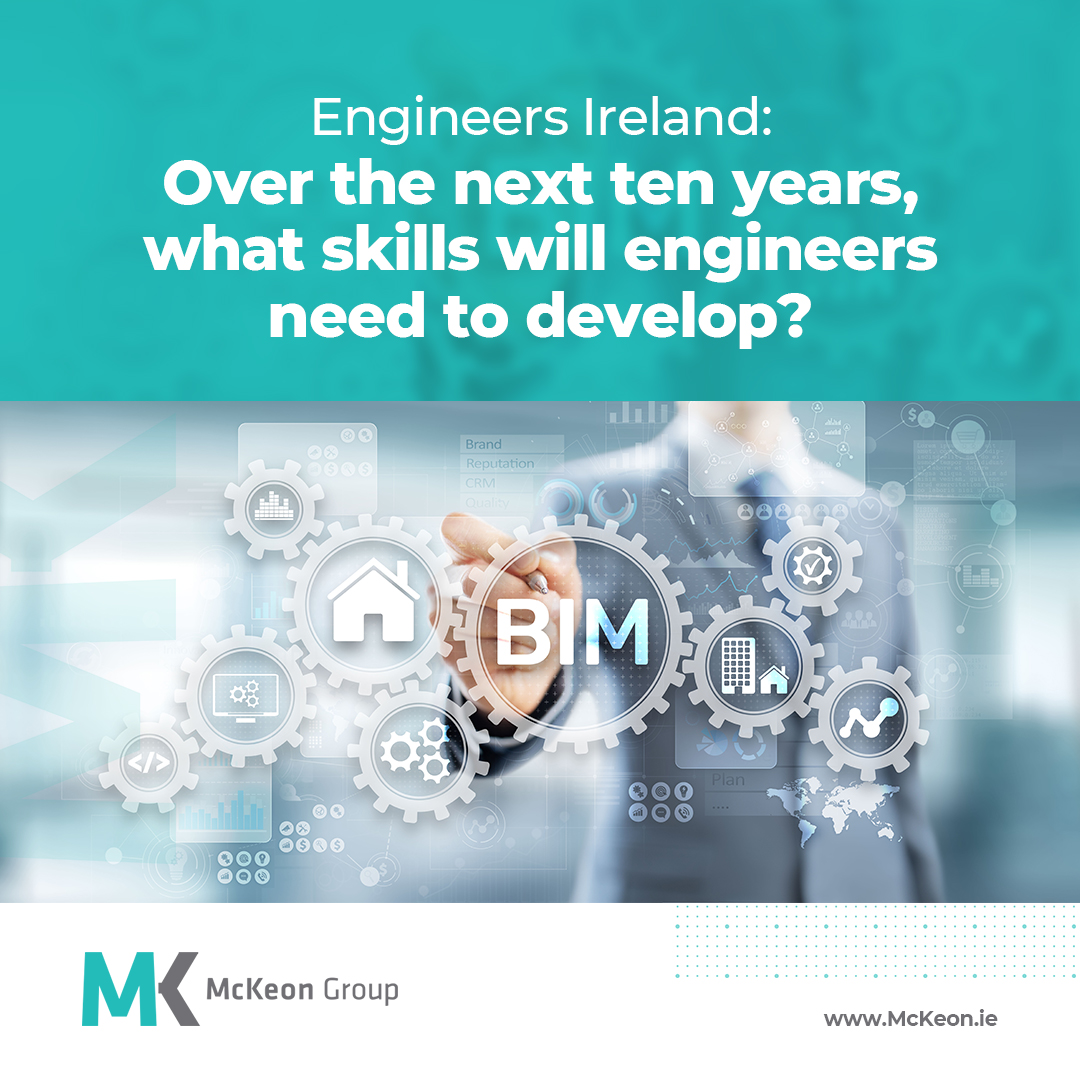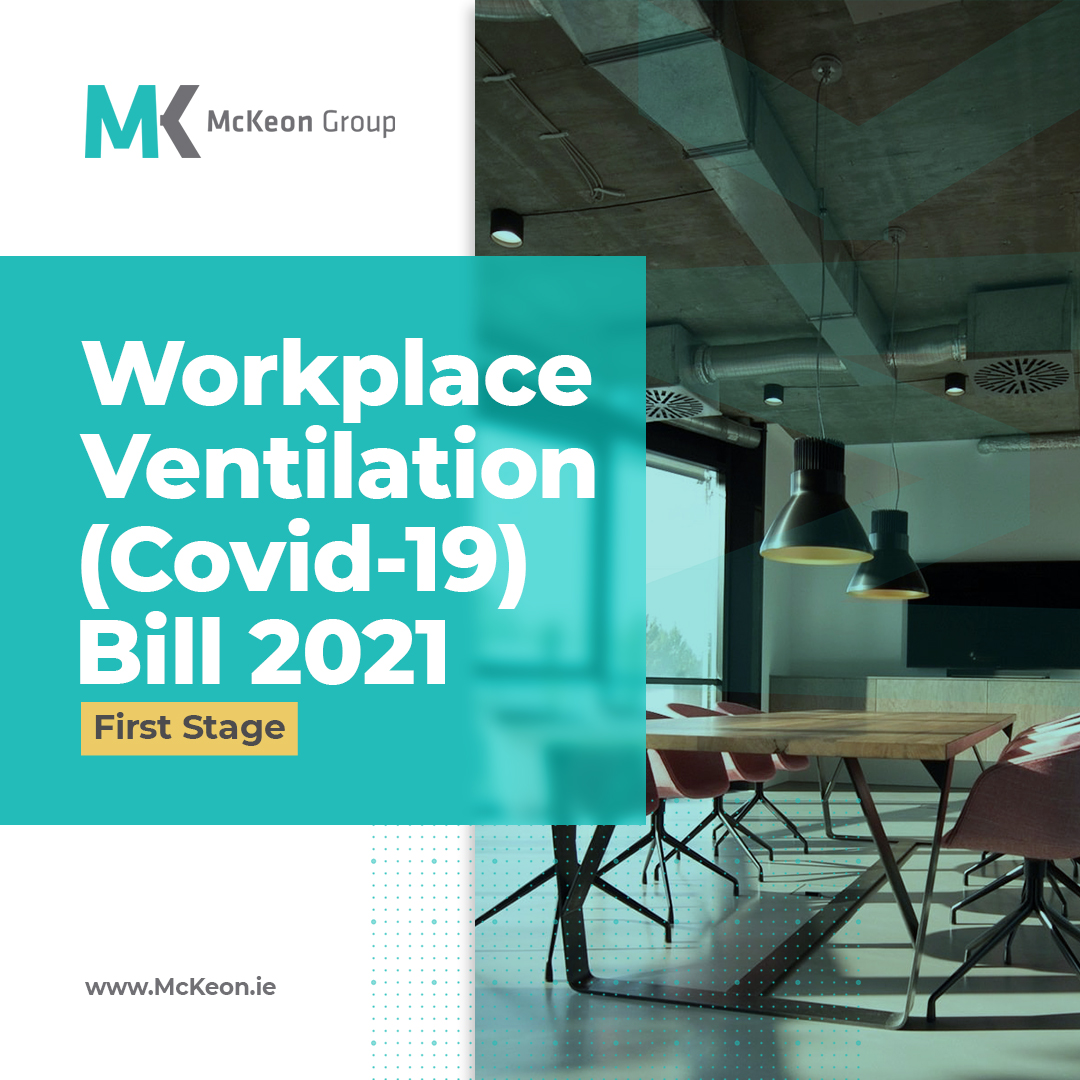This week we mark International Women’s Day, a global holiday celebrated annually on 8 March. It highlights gender equality, reproductive rights, and violence and abuse against women.
Careers in construction have changed dramatically over the past 10 years. Better health and safety and increased use of technology are two trends making construction more attractive to young people.
McKeon Group prides itself on diversity and strives for a more inclusive and equitable workforce. We are proud to have an above-average number of female employees at McKeon Group. This number currently stands at 14%, whereas the construction industry is around 9%. We won’t pat ourselves on the back just yet, though, as we know this number should and can be better, so we will continue to work towards embracing equity.
Our Deputy Managing Director, Clíona Molloy, said: “Apart from the sense of achievement of seeing a project move through all the stages from the Tender Stage through to completion, for me, the best part of working in Construction is the wide variety of people I have the pleasure in meeting across such a variety of specialisms, trades, industries, backgrounds, client categories, all with different expertise, points of view and experiences to share.”
A few of our people attended the Construction Industry Federation’s event in Dunboyne Castle on 8 March, where they mingled with other ladies in the industry.
Some of their takeaways from the event:
Quantity Surveyor Amie Bennett said, “Definitely hit home about mentoring and lack of accessibility to construction/engineering subjects in all-girl secondary schools.”
Our Marketing Manager Gemma Kerley felt moved by the speaker on Emotional Intelligence, Barbara Nugent, and its importance in the workplace for better business outcomes. Gemma also noted that when compared in general to men, women will only apply for a role if they feel they have competence in every one of the requirements mentioned. To counter this, as an organisation, we need to recognise this bias when recruiting and communicate effectively what is essential and what can be developed once in employment.
It was an eye-opening event that emphasised the importance of equity and pushing for what you want in your career. The speakers and panellists made some excellent points at the event, which we will be implementing at McKeon Group to help encourage more women into the construction industry and support our current employees so they may continue to flourish in the industry.
This week, we’d like to celebrate all the lovely ladies who work with us here at McKeon Group.
McKeonGroup
McKeon Group provides project services across four company divisions, construction, mechanical and electrical engineering, and 360Works under shared support services. Each division competes in its respective market and works together on group projects.
To learn more about some of the women working with us, you can read all about Health and Safety Manager Veronica Lavelle and Quantity Surveyor Amie Bennett in previous blogs when we interviewed them.
Likewise, to read about International Women’s Day, please visit: here.


